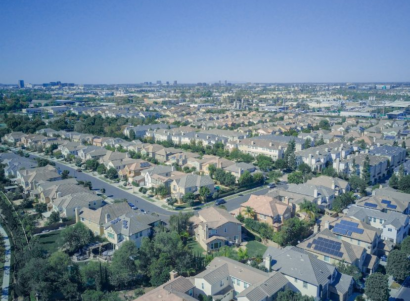Overview
Decades of discriminatory infrastructure investments in the United States have left low-income communities and communities of color at the greatest risk from extreme weather events. Climate change is increasing the financial and human toll of natural disasters and in turn, intensifying the social, economic, health, and environmental burdens shouldered by these populations. To better understand and address these inequities, the Federal Emergency Management Agency (FEMA) asked the National Academies of Sciences, Engineering, and Medicine (NASEM) Committee on Applied Research Topics for Hazard Mitigation and Resilience to explore relevant research needs.
The committee members, including PSE’s Dr. Elena Krieger, were tasked with identifying applied research topics that can provide guidance to mitigate inequities in existing and new infrastructure. The July 2022 report, Equitable and Resilient Infrastructure Investments, will assist FEMA in their efforts to reduce the impact of natural hazards and other large-scale emergencies on disadvantaged and vulnerable communities.
Findings
The report outlines three areas with corresponding research questions that are particularly important for the fields of hazard mitigation and resilience. The themes outlined in the report are:
- Partnerships for Equitable Infrastructure Projects: The committee finds that future research should examine how to effectively build trust between communities and the groups driving investments in resilience, such as government agencies and researchers.
- Systematic Change Toward Resilience and Equitable Infrastructure Investment: The committee identified six research areas with research questions to support more equitable and resilient infrastructure investments. These areas explore how to 1) catalyze and support systemic change in infrastructure developers, 2) develop effective community resilience hubs, 3) engage in community resilience planning, 4) incorporate integrated multi-benefit solutions into resilient and equitable infrastructure planning, 5) link the built and natural environments to benefit communities, and 6) identify the role minimum code requirements can play in developing resilient and equitable infrastructure.
- Innovations in Finance and Financial Analysis: The committee highlights the need for new and innovative approaches that can fund resilient and equitable infrastructure. Recommended strategies and research areas include changes to benefit-cost analysis and a greater focus on reflecting indirect benefits, such as public health.

 Full Report
Full Report






